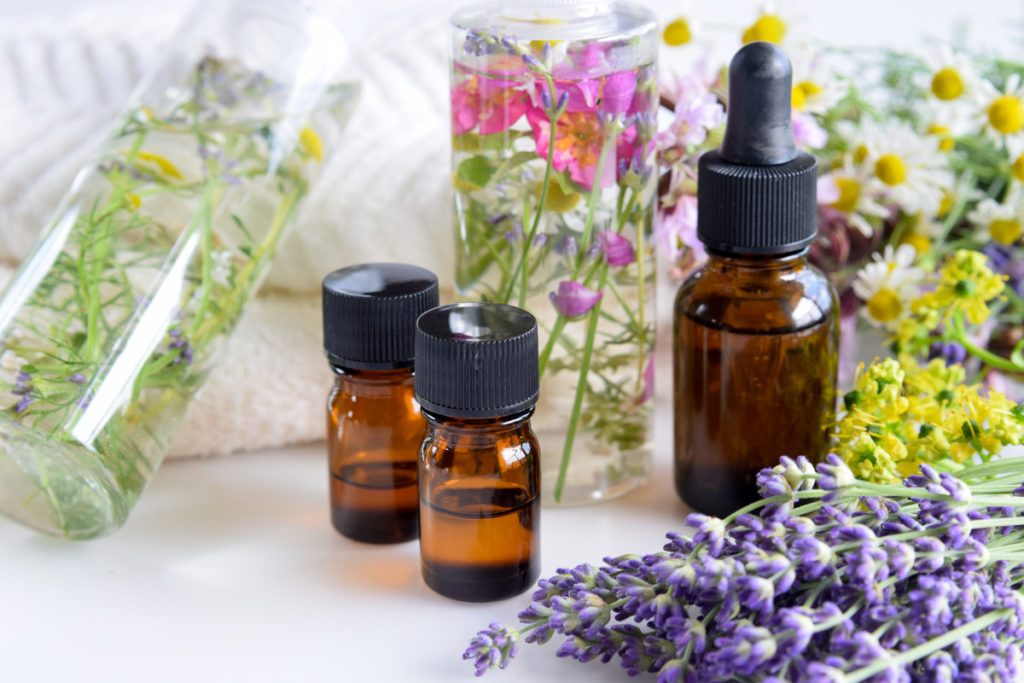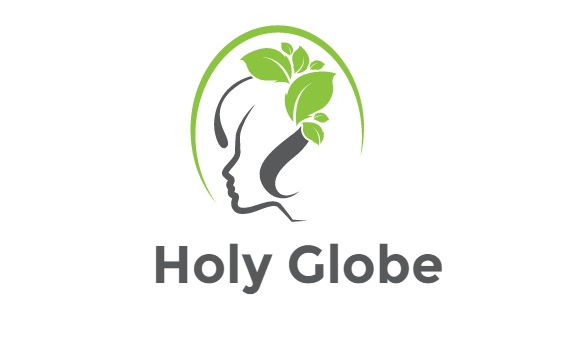
What is Aromatherapy?
Aromatherapy, also described as Important Oil treatment, can be specified as the art and science of making use of naturally extracted aromatic essences from plants to stabilize, harmonize and promote the health of body, mind, and spirit. It looks for to merge physiological, psychological and spiritual processes to boost a person’s inherent healing procedure. (1 )
What Is a Necessary Oil?
The International Organization for Standardization defines “a vital oil as an item made by distillation with either water or steam or by mechanical processing of citrus rinds or by dry distillation of natural materials. Following the distillation, the necessary oil is physically separated from the water stage.” (2 )
Important oils vary in cost and quality. Rose oil is extremely expensive. Why? There is an excellent factor. Take a guess how many petals it requires to make one 5 ml bottle of Rose vital oil. “It’s 60,000 roses per 1 ounce of oil. That would compute to be 10,000 roses that go into 5mL.” (3) Fantastic!
Understand that there are a lot of incorrect advertisements as to the quality of necessary oils.
Roberta Wilson says in her book The Necessary Guide to Necessary Oils, The Secret to Vibrant Health and Charm “Anybody can sell anything and call it aromatherapy, and lots of business are doing exactly that. The result is that about 95 percent of the products sold as aromatherapy are counterfeits-pseudo-aromatherapy. True aromatherapy never uses artificial aromatic substances.” (4) She recommends to always ask prior to purchasing, “How likely is this product to be true aromatherapy?”
Think about where you are acquiring it. How much are you spending for it? Is it effectively identified? If you are in doubt regarding the authenticity of the item, you could call a licensed aroma-therapist and inquire where they purchase their products. At the bottom of the post, I will consist of some of the organizations who have accredited aroma-therapists listed. Written below are some advantages of 10 various vital oils. They are not extensive. (5 )
Here are 10 Necessary Oils and A Few Of Their Advantages:
Basil:
It can relieve sinus blockage, lower cellulite, control acne and improve the blood flow to the scalp.
Lavender:
Utilized at bedtime it assists sleeping disorders and unwinds the mind. It assists in decreasing hyperactivity in children.
Lemon:
It soothes anxiety, encourages clarity and concentration. It is boosting.
Rose:
It decreases swelling and relieves skin conditions. It is gentle enough to be used on babies and young children. It strengthens the digestion system and helps with menstrual cramps and (PMS) premenstrual syndrome.
Rosemary:
It improves psychological clarity and concentration. Assists to relieve fatigue.
Rosewood:
It promotes alertness and can reduce jet lag. It decreases the inflammation of dermatitis, and itchiness of eczema.
Spruce:
It promotes joy and aids meditation. It eliminates the discomfort of arthritis, rheumatism, and headaches. It soothes skin disorders.
Tea Tree:
There are too many uses for this oil to list here. It is used in the treatment of acne, burns, dandruff, cuts, fungal infections, fever blisters, irritation, gingivitis, toothaches, and bites.
Thyme:
It has actually been known to boost memory and concentration and decrease symptoms of chronic tiredness.
Vetiver:
It improves blood circulation by promoting the production of red cell. It relieves muscle aches from sprains and stiff joints. It helps to normalize oily skin and clear acne. It is a natural tranquilizer and aids with sleep.
Stepping sideways, I wanted to take a moment to discuss chemotypes. The word chemotype is used to suggest oils of various chemical composition, even though they are extracted from plants which are the same botanically. Thyme, rosemary, and basil are 3 essential oils that have different [ct.] chemotypes. Elevation, soil type, temperature, and quantity of rains can influence a plant’s chemotype. This means that where a plant grows affects its chemical structure.
Check out the labels carefully.
Thyme ct. thymol differs from Thyme ct. linalool. Both have discomfort eliminating properties, decrease swelling, decrease swelling, have immune support and are antimicrobial. Thyme ct. thymol is used in intense infection, is warming but can cause dermatitis. Thyme ct. linalool is used for persistent infection, is cooling, and is mild on the skin so it can be used on children. (Notes were taken from a free webinar provided by the Aromahead Institute).
Here is a dish for “Memory Enhancement Blend 2,” drawn from The Total Book of Essential Oils and Aromatherapy by Valerie Ann Worword. (6 ).
- Rosemary – 10 drops.
- Basil Linalool – 5 drops.
- Thyme Linalool – 7 drops.
- Grapefruit – 8 drops.
You can either simply sniff from a tissue when needed, or you can utilize in one of the room techniques; A diffuser or water spray would be simple and effective. Mix the necessary oils together utilizing these percentages, then shop in a little, dark, glass bottle. Usage 2 drops for the tissue approach and 8 drops in your selected space approach.
Facebook Comments
